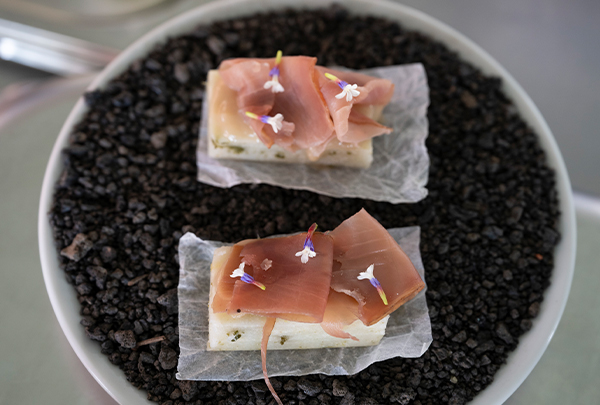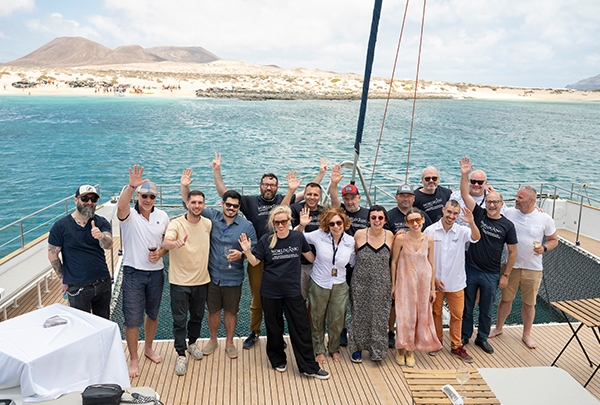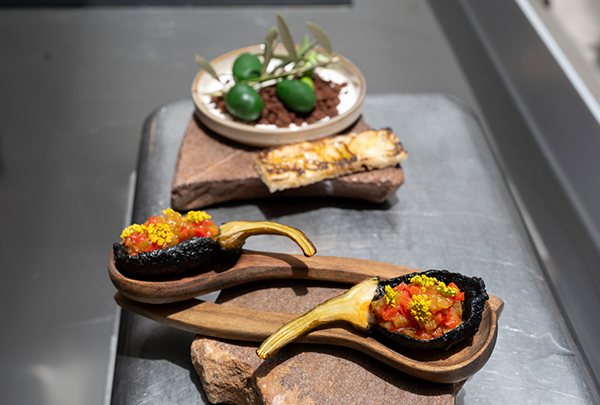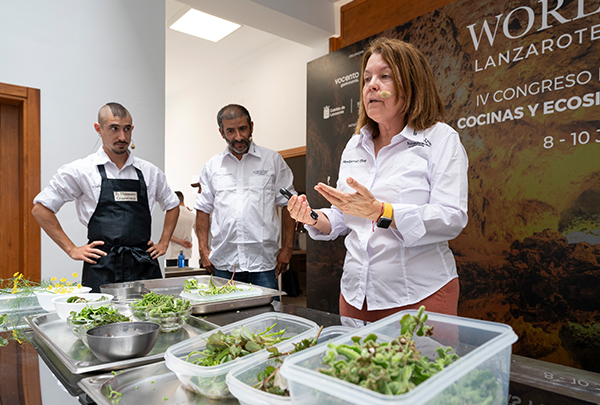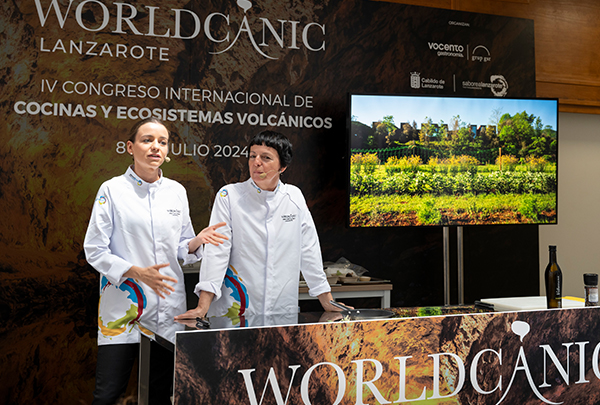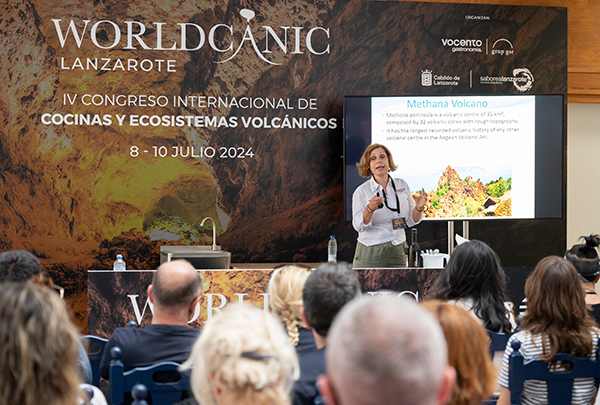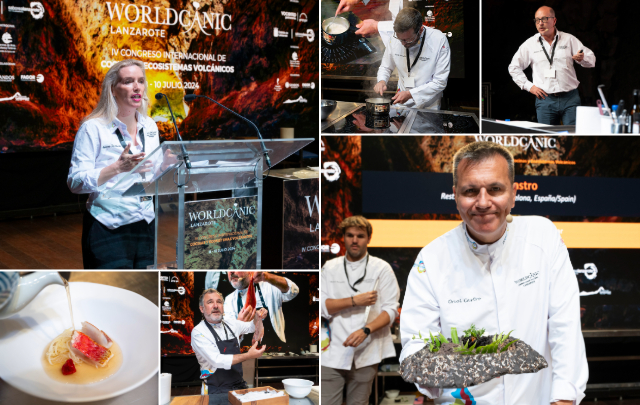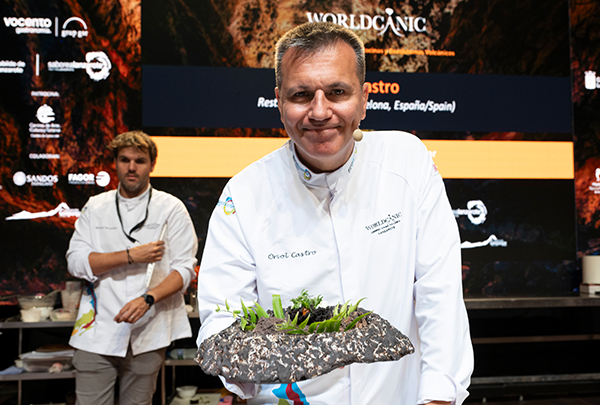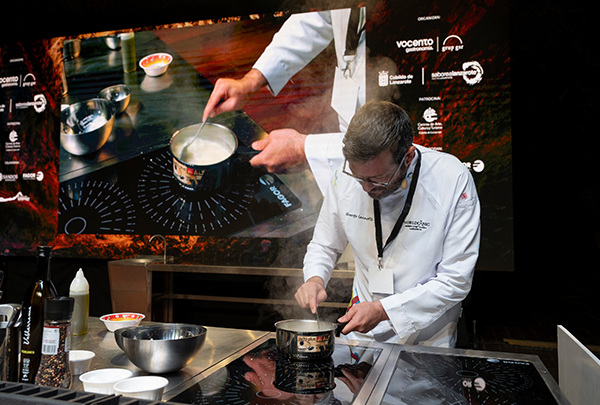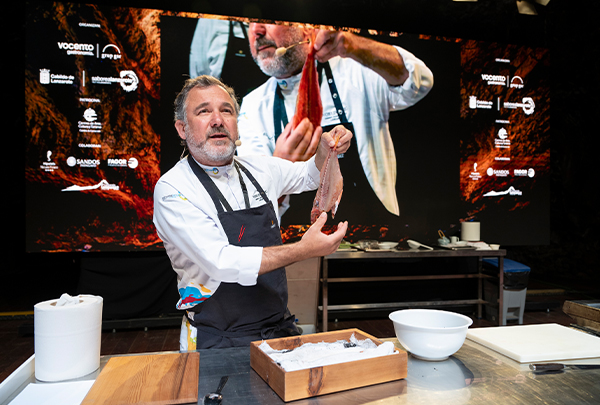News
The complex relationship between humans and volcanoes
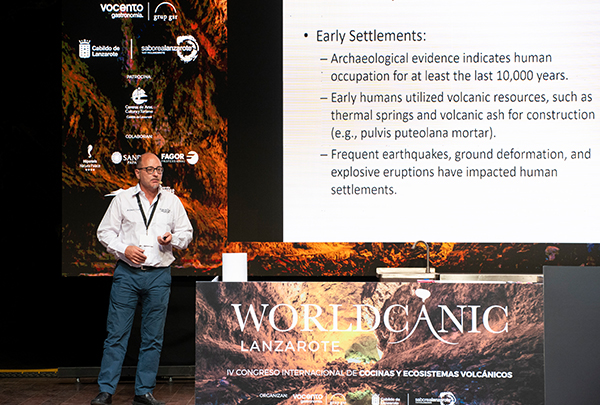
Researcher Antonio Costa has provided a comprehensive overview of how volcanic activity in the Campi Flegrei region has influenced human history and settlement patterns, illustrating a complex relationship that has lasted for millennia
Dr Antonio Costa, a researcher at the National Institute of Geophysics and Volcanology (Italy), has presented in Wordlcanic the deep connection between human activities and the Campi Flegrei volcanic area over the last 10,000 years of history. The Campi Flegrei region in Campania (Italy) is one of the most important volcanic areas in Europe, known for having produced the largest eruption on the continent at least 200,000 years ago, and "its geological activity has shaped both the landscape and human settlements and activities," Costa explained.
The Italian researcher's talk focused on how man has historically exploited the natural resources provided by the volcanic environment, "such as volcanic ash for building materials and thermal springs", while also describing "the challenges of living in such a dynamic area, including earthquakes, ground deformation and periodic eruptions".
Archaeological evidence found in the area, such as layers of ash from several eruptions, has helped researchers reconstruct the chronology of human activity in this volcanic environment. They have been able to demonstrate the resilience and adaptability of human communities who "developed strategies to exploit the resources provided by the volcanoes, such as the use of thermal waters, yellow tuff for construction or the production of pulvis puteolana, a type of cement made from volcanic products that the Romans used to construct highly resistant buildings, as this cement is self-healing when cracked", explains Antonio Costa.
The history of this region is long and some of its passages are well known, such as the dramatic eruption of Vesuvius in 79 AD that destroyed Pompeii, but the countless archaeological and geological remains that all this volcanic activity has left over the years make this place, according to the researcher, "an ideal space for geo-tourism oriented towards geo-education".

